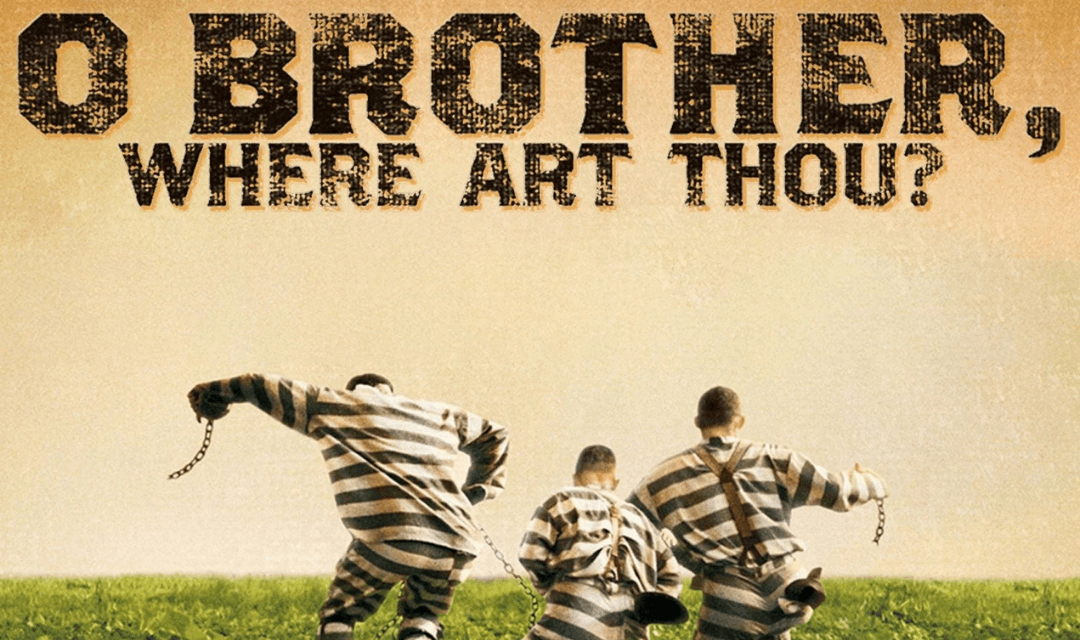“The Coen Brothers are among the most critically acclaimed directors of our time, yet their work presents critical challenges, as their films resist easy interpretation. Confusing on a first viewing, the meaning behind the movies is often veiled in mystery. This element offers a clue about the Coens’ worldview. The difficulty is part of the design. The viewer must wrestle with the meaning behind the movies, just as the main characters struggle to make sense of a chaotic and confusing universe. Given their apparent atheism, if we had to ascribe a worldview to the Coens, the viewer may be tempted to see them as nihilists. However, they seem to share The Big Lebowski’s disdain for nihilism’s lack of an “ethos.” Rather, the Coen brothers seem to share in the existentialist’s philosophical struggle with nihilism, encouraging human wrestling with ultimate issues, even if they think the struggle is unlikely to succeed. In this sense, the Coens might be grouped more safely with absurdists such as Albert Camus, who see the tragedy and comedy in the human striving for meaning, and our perpetual failure to find it. Given one of the brothers’ philosophical training, it is not a stretch to see their works as fundamentally Socratic in nature: questioning all attempts at ultimate answers but encouraging the ongoing struggle to understand our place in a harsh universe. Though the filmmakers themselves are not spiritual, they are deeply interested in religious issues, returning again and again to the questions of faith and morality.”
This Postmodern Realities episode is a conversation with Journal author Philip Tallon about his Volume 40 #4 cover article “O Father, Where Art Thou? The Coen Brothers and the Riddle of Existence.”
We’d also like to invite you to subscribe to the Journal. To subscribe to the Journal, please click here.
When you to subscribe to the Journal, you join the team of print subscribers whose paid subscriptions help provide the resources at equip.org that minister to people worldwide. These resources include our free online-exclusive articles, such as this review, as well as our free Postmodern Realities podcast.
Another way you can support keeping our resources free is by leaving us a tip. A tip is just a small amount, like $3 or $5, which is the cost for some of a latte, lunch out, or coffee drink. To leave a tip, click here.
Other articles and Postmodern Realities podcasts featuring this author
Steven Spielberg Movies
Episode 139 Clear Skies, Hurt Hearts, Can’t Lose: Why Spielberg’s Aliens Help Make us More Human
Clear Skies, Hurt Hearts, Can’t Lose: Why Spielberg’s Aliens Help Make us More Human
Tolkien Review:
Episode 123 Tolkien’s First Fellowship
Tolkien’s First Fellowship A film review of Tolkien
Alfred Hitchcock films:
Episode 100: A. Hitchcock Films
“Caught Looking: Hitchcock’s Films in the Age of Instagram.”
The Films of Quentin Tarantino:
Episode 001: The Films of Quentin Tarantino
Other related media articles:
Episode 037: Choose Your Own Enchantment: Freedom and Conscience in What We Watch
Choose Your Own Enchantment: Freedom and Conscience in What We Watch
Film Review: The Church without Claws? A Figurative Reading of the Film Black Panther
Episode 063: Black Panther Film Review with Eric Redmond
Episode 039: The Gospel According to Marvel
The Gospel According to Marvel
Episode 024: Dr. Strange (film review with spoilers)
Episode 067: Spielberg’s Nostalgia for Reality in Ready Player One
Spielberg’s Nostalgia for Reality in Ready Player One.”
Episode 054: The Last Jedi: A Star Wars Movie for the Era of “the Nones”
The Last Jedi: A Star Wars Movie for the Era of “the Nones”
Episode 027: “Evaluating the Star Wars Worldview”
May the Force Bewitch You: Evaluating the Star Wars Worldview
Episode 075: Film Nostalgia & Heaven
Looking for Heaven at the Movies: What our Fondness for Nostalgic Films Says about Us.”
“HBO’s Westworld and the Ethics of Artificial Intelligence.”
Episode 041: The Gracious Heroism of Wonder Woman
The Gracious Heroism of Wonder Woman
Fighting Scientism with the Occult in Doctor Strange
Jesus Films: Who Does Hollywood Say That I Am?
Episode 079: Theology of Morgan Freeman
“The Story of Morgan Freeman (Not God).”
The Artistic Pro-Life Theme in Netflix’s I Am Mother
Postmodern Realities Episode 132: The Artistic Pro-Life Theme in Netflix’s I Am Mother
The Matrix: Unloaded Revelations
Breaking Bad’s Addicting Defense of Moral Realism
Television as the New Literature: Understanding and Evaluating the Medium
A Wrinkle in Time: Drawing Apologetic Value from a De-Christianized Film
